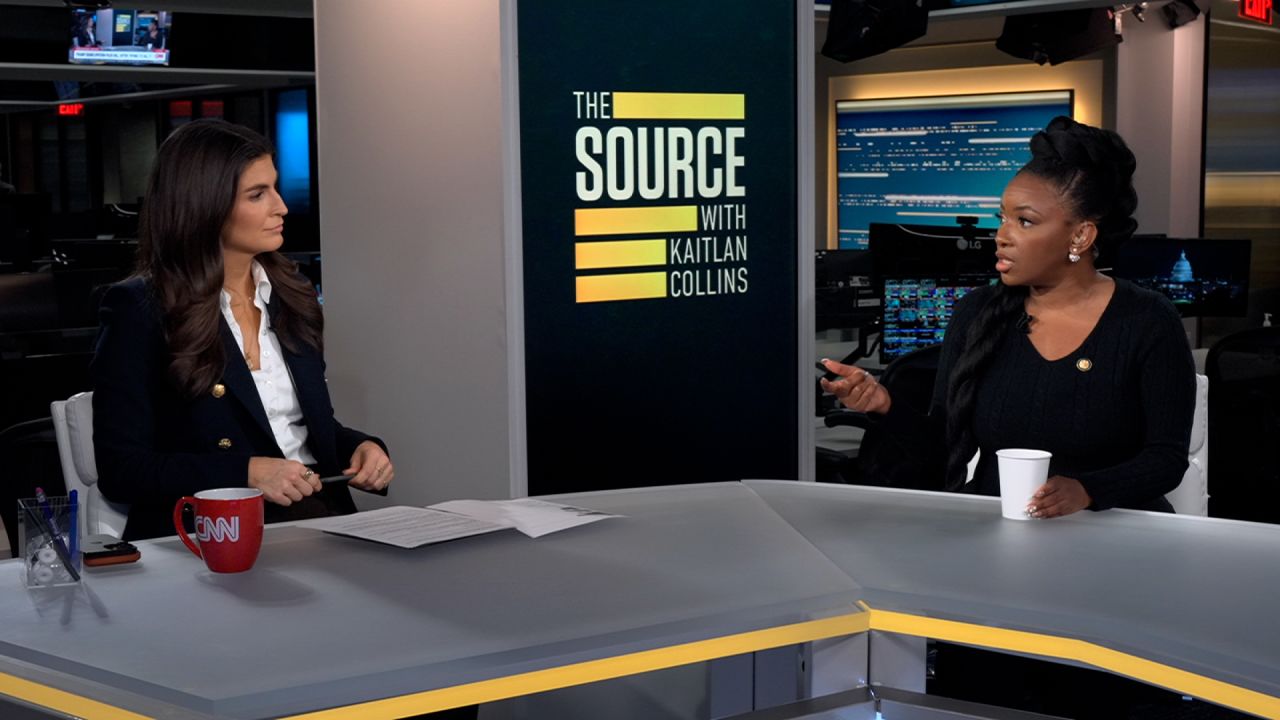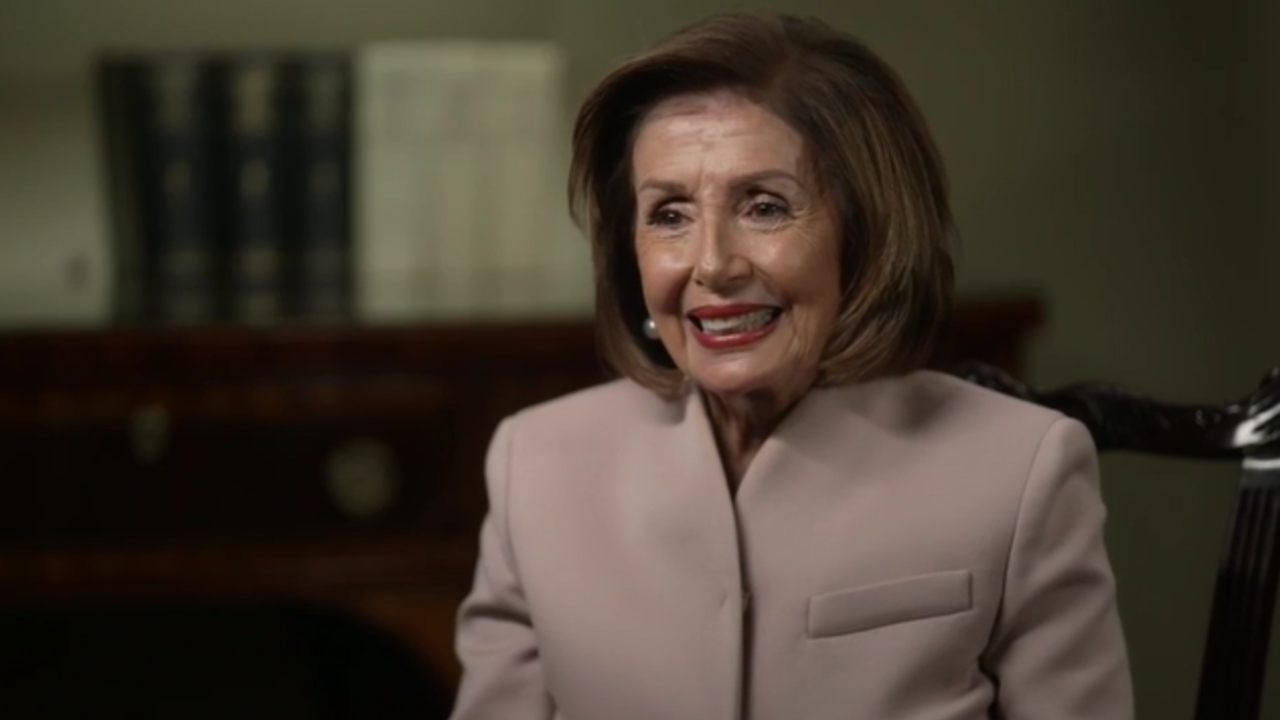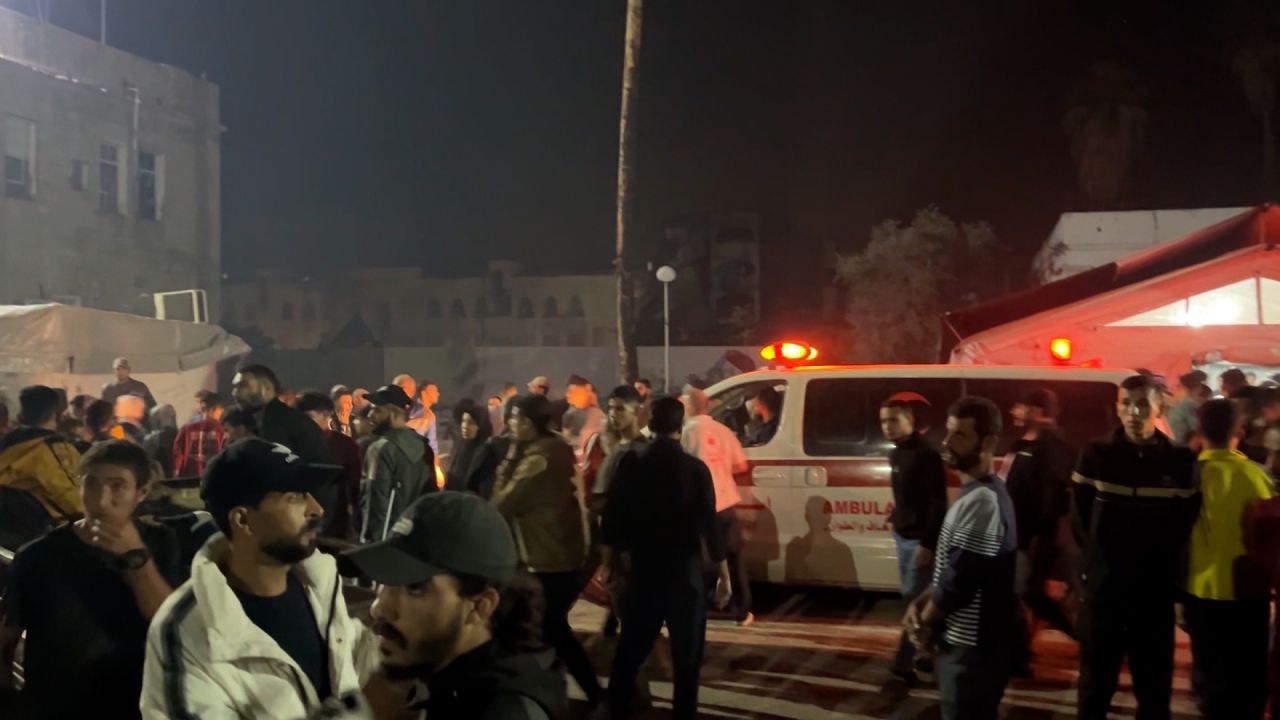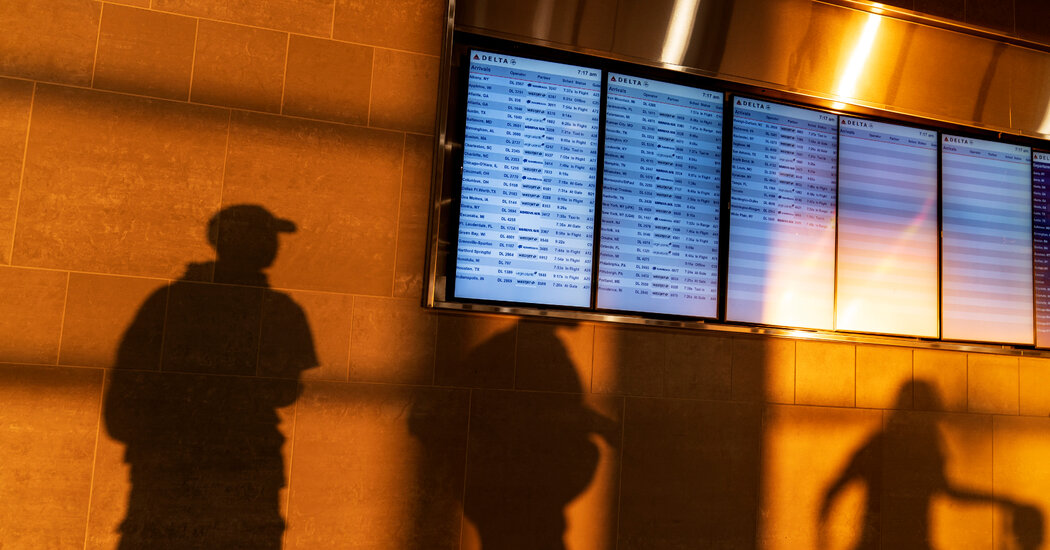Trump Administration Imposes Sanctions on UN Investigator
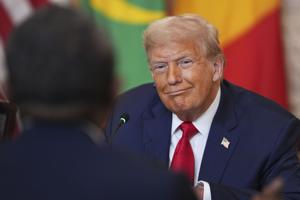
The United States, under the administration of President Donald Trump, has enacted sanctions against a United Nations investigator responsible for examining human rights violations within the Palestinian territories. This action marks a significant escalation in the U.S. government’s efforts to counter criticism related to Israel’s ongoing military campaign in Gaza, which has persisted for over 21 months.
The sanctions target Francesca Albanese, an independent expert who has been vocal about alleged human rights abuses during the conflict. The U.S. Department of State stated that the sanctions are part of a broader strategy to hold accountable those who contribute to the “demonization” of Israel. The announcement comes amidst heightened tensions surrounding the conflict and represents a shift in U.S. foreign policy regarding international scrutiny of Israeli actions.
Details of the Sanctions
According to the U.S. Department of State, the sanctions prohibit Albanese from entering the United States and freeze any U.S.-based assets she may hold. This punitive measure has drawn criticism from various human rights organizations and advocates, who argue that it undermines the principles of accountability and transparency in international human rights investigations.
Albanese has been appointed by the United Nations Human Rights Council to report on the situation in the Palestinian territories. Her work focuses on documenting potential violations of international law and human rights abuses stemming from the Israeli military operations in Gaza. The sanctions reflect ongoing tensions between the U.S. and the UN, particularly concerning the organization’s stance on Israel.
The U.S. government’s actions have prompted responses from several advocacy groups. They argue that the sanctions not only threaten the independence of UN investigators but also send a chilling message to those who seek to expose human rights violations worldwide. Critics assert that such measures could deter similar investigations in the future.
Reactions from the International Community
International reactions have been swift. Several human rights organizations, including Amnesty International and Human Rights Watch, have condemned the sanctions, calling them an attack on the principles of justice and accountability. They argue that independent investigations are crucial for addressing human rights abuses and ensuring that victims receive the support they deserve.
In a statement, Amnesty International expressed concern that such actions could embolden governments to suppress dissent and hinder efforts aimed at promoting human rights globally. The organization emphasized the importance of allowing independent investigators to operate without fear of retribution.
As the conflict in Gaza continues, the U.S. sanctions against Albanese highlight the complexities of international relations and the challenges faced by human rights advocates. The ongoing military actions and humanitarian crises in the region underscore the urgent need for comprehensive investigations into alleged abuses.
The situation remains fluid, and further developments are anticipated as the international community grapples with the implications of these sanctions. The U.S. administration’s stance indicates a willingness to prioritize its relationship with Israel over independent human rights investigations, raising critical questions about the future of accountability in global human rights practices.

